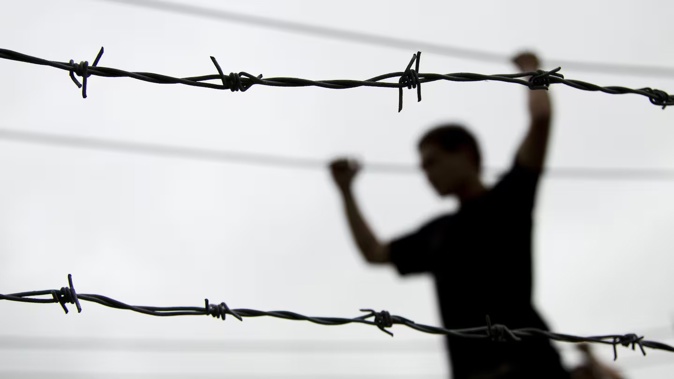
A former Crown prosecutor says a bill establishing military-style boot camps and a dedicated youth serious offender or YSO sentencing category would be New Zealand’s “fall from grace”.
Parliament’s Social Services and Community Select Committee is hearing public submissions on the bill, which also proposes removing most mandatory family group conferences with the exception of judicial discretion.
The Government says the purpose of the bill is to reduce youth offending and restore law and order.
Children’s Minister Karen Chhour says there is no “one size fits all” approach to youth offending and the boot camps were one tool to support youth to turn their lives around and get back on track.
“In recent years we have seen an unacceptable spike in youth offending.
“This Bill makes fundamental changes to offer a faster, stronger, and more targeted response to young people who repeatedly commit the most serious offences. I want to do everything we can to break the cycle of offending.”
Children's Minister Karen Chhour. Photo / Mark Mitchell
However, submitters implored the committee to recommend the Government ditch the bill, describing it as ineffective and drawing comparisons with the experiences of young people in the recent Royal Commission of Inquiry into Abuse in State Care report.
One of those survivors, Eugene Ryder, who entered care at 11 years old, warned the committee about the powerful impact labels, such as the YSO category, could have on young people.
“When I was labelled as a young child, I acted out the label I was given. I was called a little s***, so I acted like one. At no time was I called a leader, so at no time did I act like one.”

Social worker Eugene Ryder during a previous Justice Select Committee last year. Photo / Mark Mitchell
This was echoed by Sonja Cooper, principal partner at Cooper Legal and youth advocate, who said the YSO category went against everything known about how the young brain works.
“Labelling theory tells a simple truth: we as young people adopt the identities that are given to us. Younger people are especially vulnerable to this.
“What labels did the people in this room get when they were teenagers? Perhaps Player of the Day, top of the class, head boy. Imagine being told at ages 14 to 17 that you are one of the worst kids in the country, so bad that the law had to be changed just to show everyone how bad you are.”
Cooper has represented young people charged in Youth Court for four decades. She said the drivers of youth offending included poverty, family violence, mental health issues, addiction, neuro-disability, dislocation from education and disconnection from culture.
“We know what it takes to prevent our young people from offending. We also know what doesn’t work. The evidence is clear: bootcamps don’t work.”

Sonja Cooper (right) with Cooper Legal partner Amanda Hill. Photo / File
Legal academic and former Crown prosecutor Yasmin Olsen presented on behalf of Te Hunga Roia Māori — Māori Law Society. She said the bill was a “false promise of solutions” to victims and the community.
“If enacted, it would mean a fall from grace for our world-leading youth justice system.
“A lesser discussed but really concerning feature of this bill is family group conferences (FGCs). FGCs are often referred to as the jewel in the crown of our youth justice system.”
FGCs were introduced in 1989. They are a way of involving whānau, hapū, iwi and family groups in the decisions made about the alleged criminal offending or welfare of their child or young person.
“Over 80 percent of the rangatahi likely to be declared young serious offenders under this legislation, will be Māori. Those rangatahi will be most in need of from whānau, hapū and communities who know best, before it’s too late,” Olsen said.
“FGCs are where the magic of the Youth Court happens, that magic of change.”
Ngāpuhi Iwi Social Services chief executive Dr Moana Eruera said the bill would do “severe damage” to Ngāpuhi kids, who make up around a quarter of all Māori kids or young people in care.
“This will significantly negatively impact the wellbeing of Ngāpuhi tamariki and whānau.
“Are these tamariki serious offenders? No, they are not, they are young people who have suffered trauma and violation of tapu and mana, who have been failed by the care system put in place to protect them, who need restorative therapeutic interventions.”
Kaupapa Māori academic Leonie Pihama highlighted the cost of the boot camps per participant, which could be around $100,000, including the transition process.
“These funds could be more used to provide young people with intensive educational access and could fund that young person an entire apprenticeship or degree.”
She said boot camps were a return to a 1980s punitive approach model that would not change the fundamental issues underpinning youth crime.
“What is required is a much more complex, systemic and social transformational approach.”
Julia Gabel is a Wellington-based political reporter. She joined the Herald in 2020 and has most recently focused on data journalism.
Take your Radio, Podcasts and Music with you









